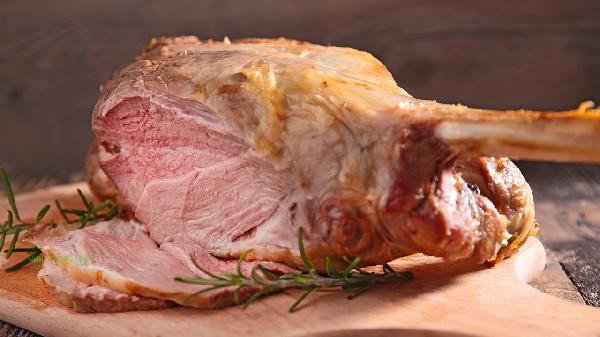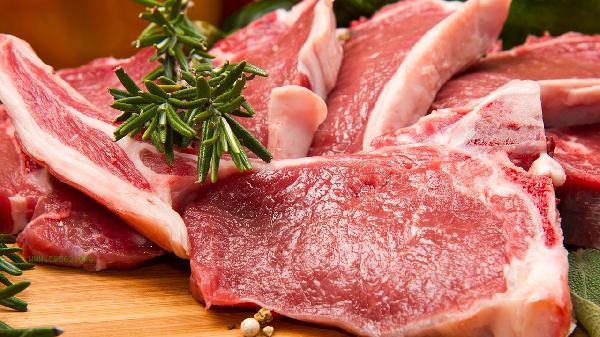Overnight lamb can be eaten if stored properly, but it needs to be thoroughly heated and sterilized. If stored improperly or if there are signs of spoilage, it is not recommended to consume. Lamb is rich in protein and fat, and if stored overnight in refrigeration and well sealed, it usually does not breed a large number of bacteria. Before consumption, it should be thoroughly heated to a center temperature exceeding 70 degrees Celsius, which can effectively kill any pathogenic microorganisms that may exist. Ginger slices or cooking wine can be added during heating to help remove fishy odors, while fresh vegetables can be paired to supplement vitamin C and promote iron absorption. People with gastrointestinal sensitivity should reduce their food intake to avoid increasing digestive burden. Lamb meat stored at room temperature for more than 4 hours or refrigerated for more than 48 hours in summer is prone to spoilage and should not be consumed when it appears sticky or sour. Repeated freezing and thawing can cause protein structure damage and increase the risk of bacterial contamination. Pregnant women and children with lower immunity are recommended to prioritize consuming freshly cooked lamb. If you experience abdominal pain and diarrhea after consumption, seek medical attention promptly to investigate the possibility of food poisoning.

Daily recommendation is to cook lamb as needed, and the remaining portion should be packaged and sealed while hot, and refrigerated for no more than 24 hours. Carrots, hawthorns, and other ingredients can be added to cook together to reduce the rate of oil oxidation. Regularly clean the refrigerator to maintain a low temperature environment of 2-6 degrees Celsius, and separate raw and cooked food to avoid cross contamination.











Comments (0)
Leave a Comment
No comments yet
Be the first to share your thoughts!